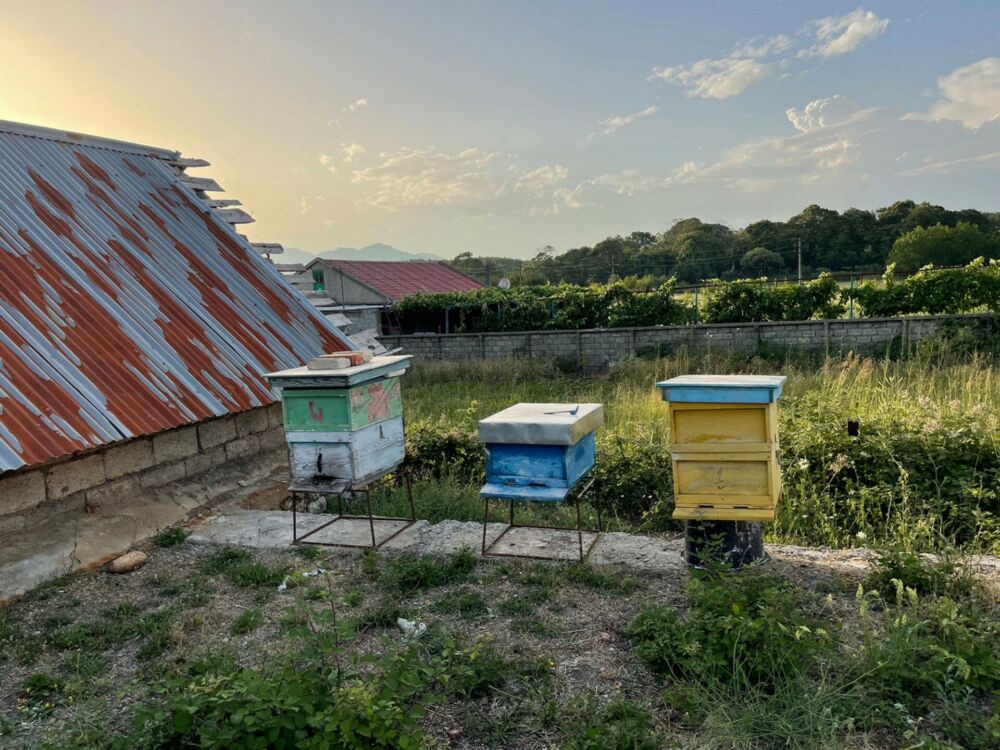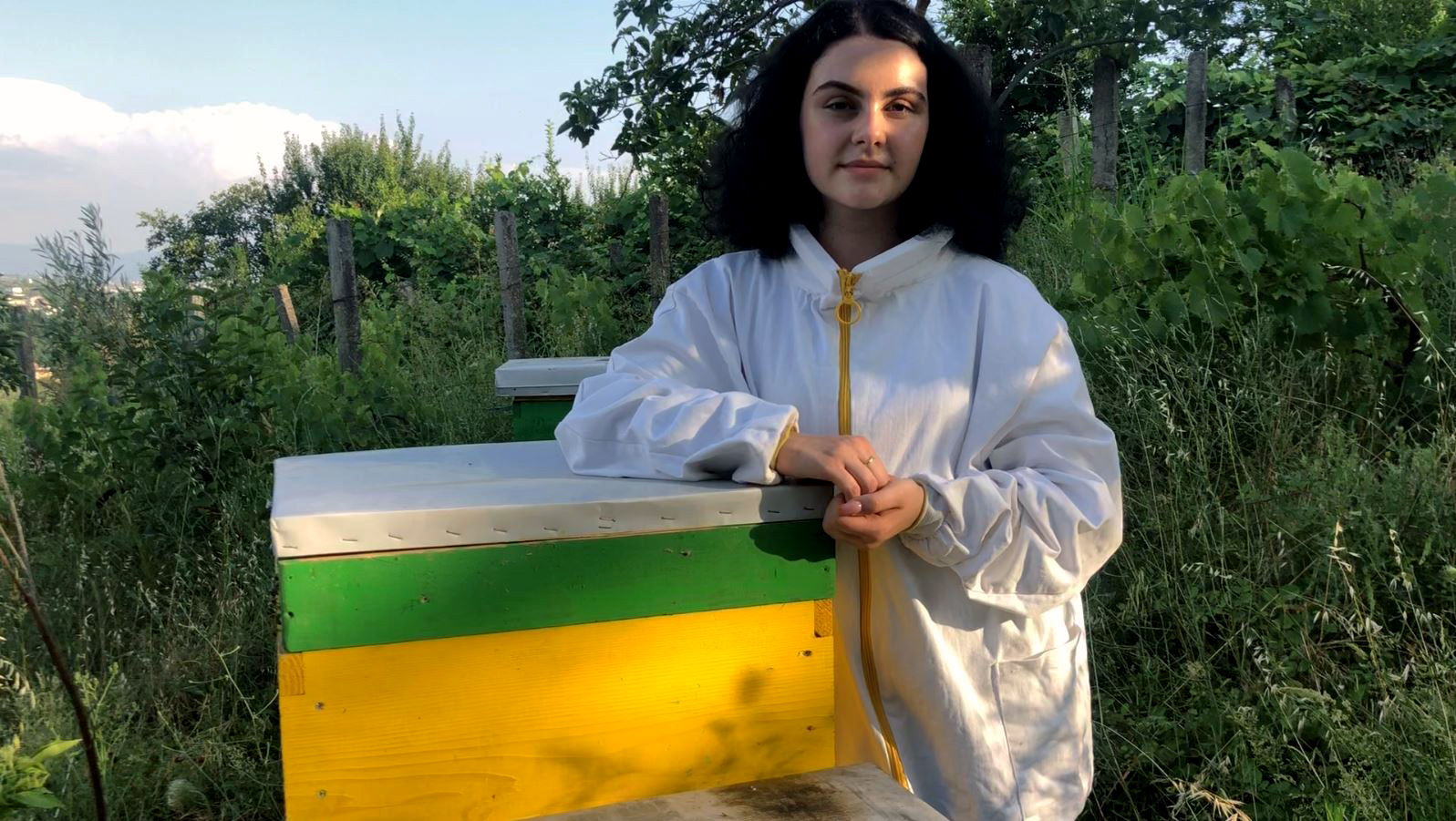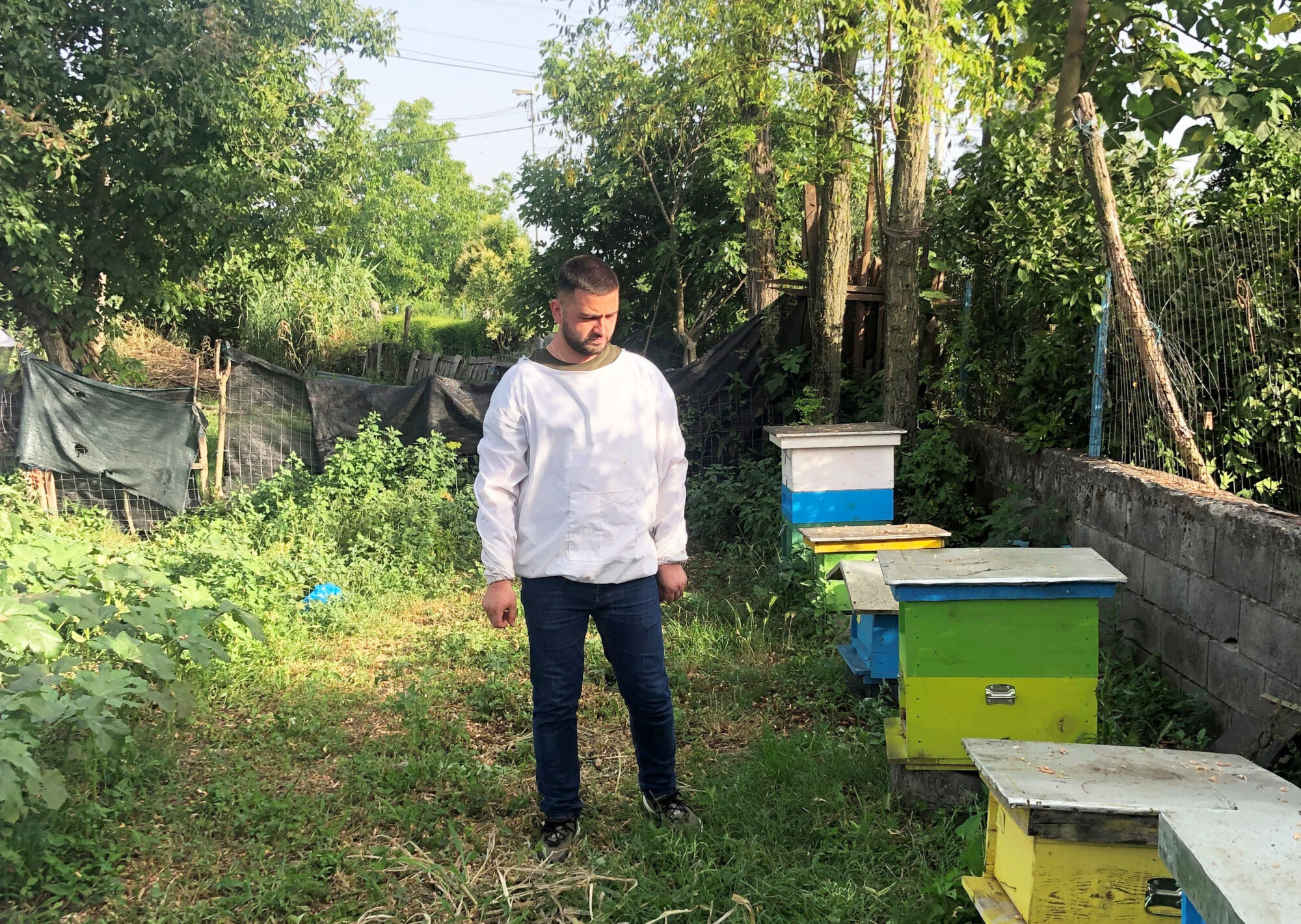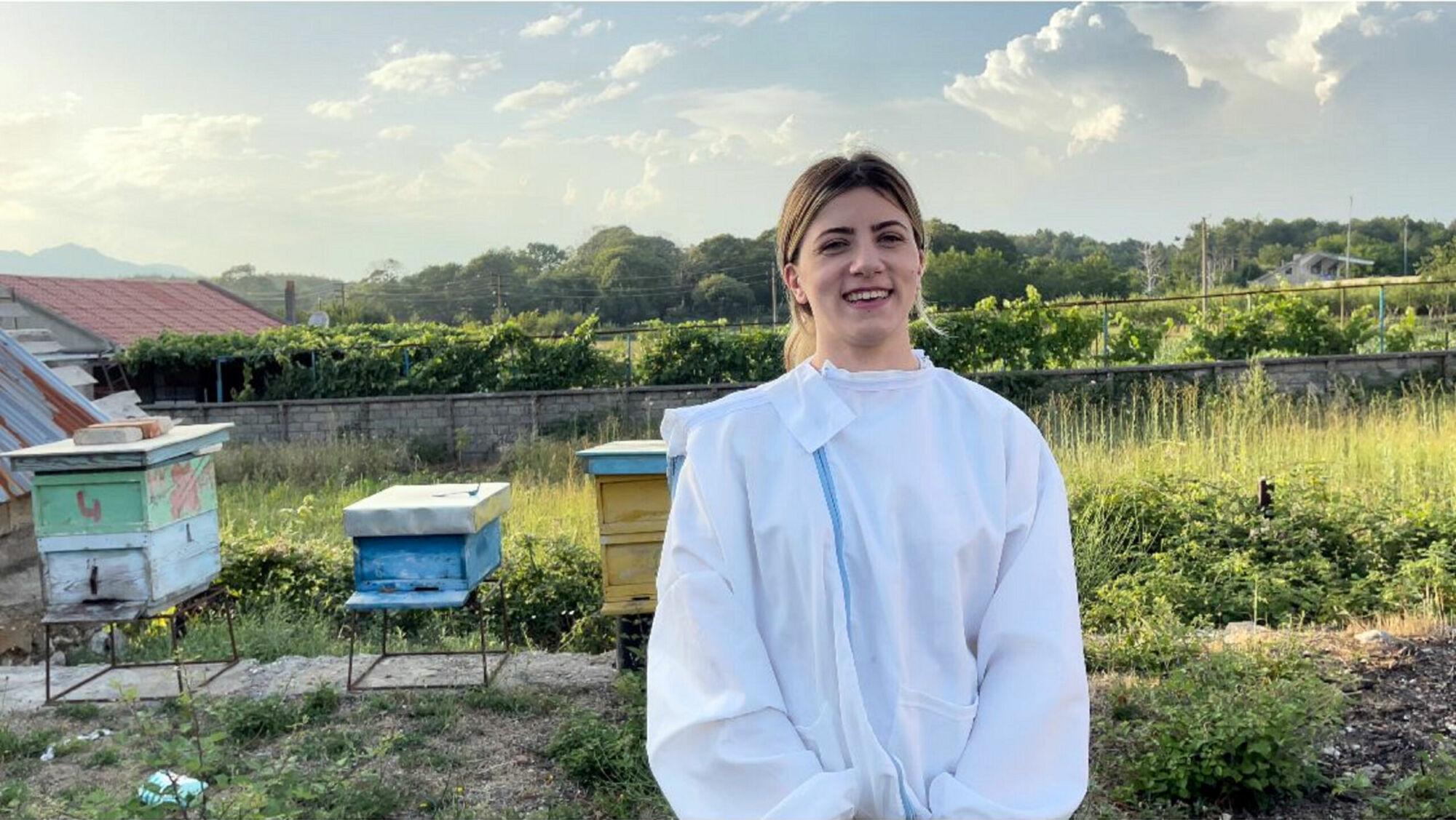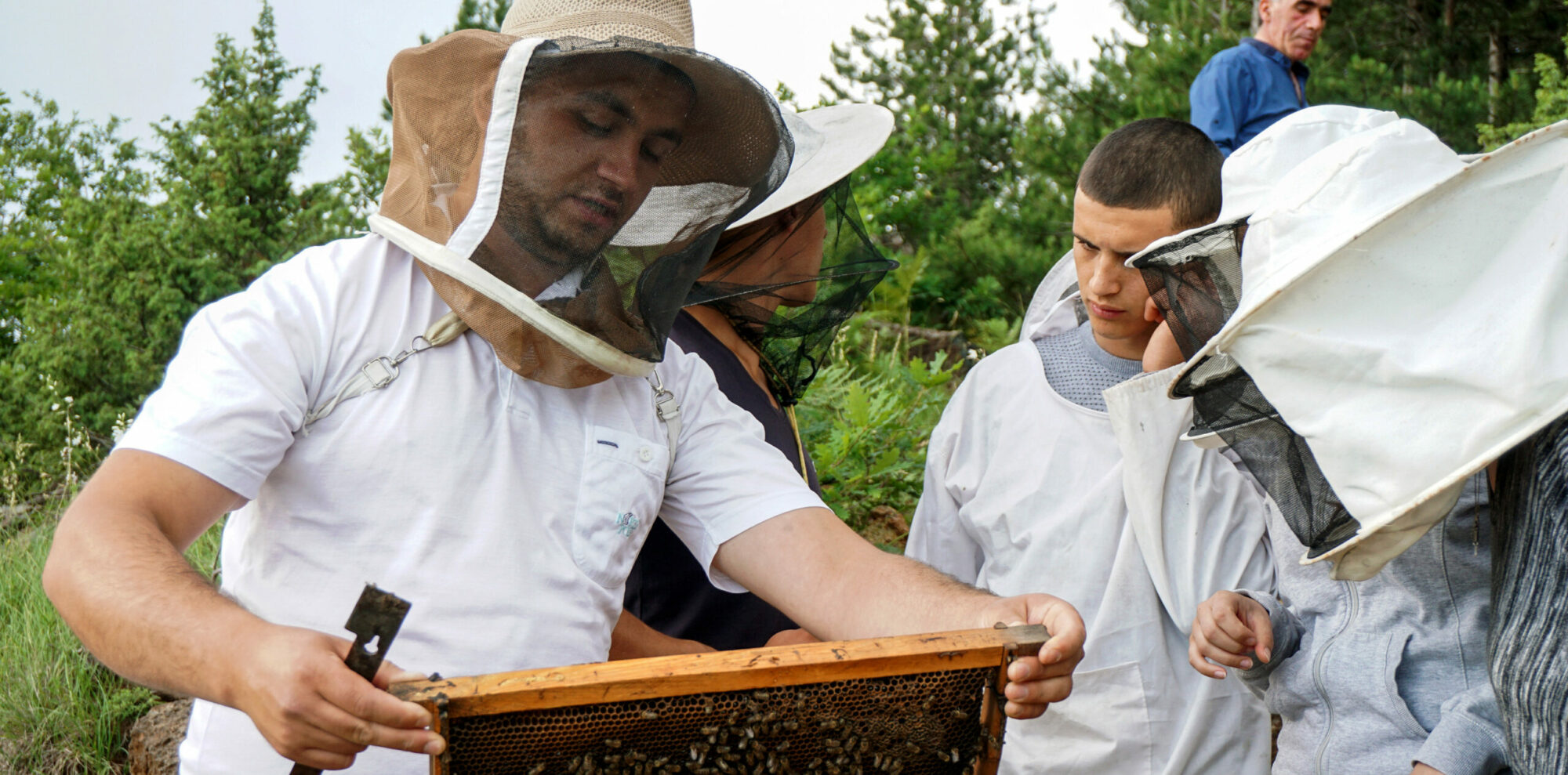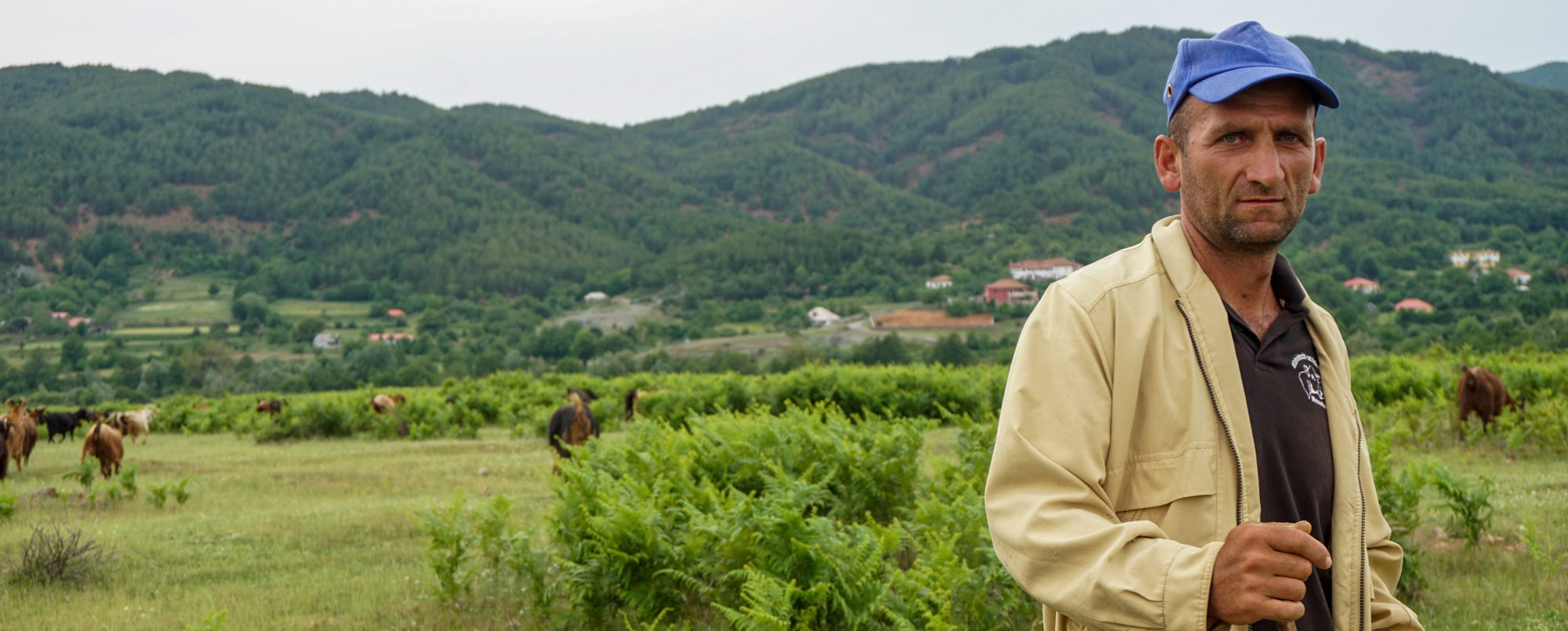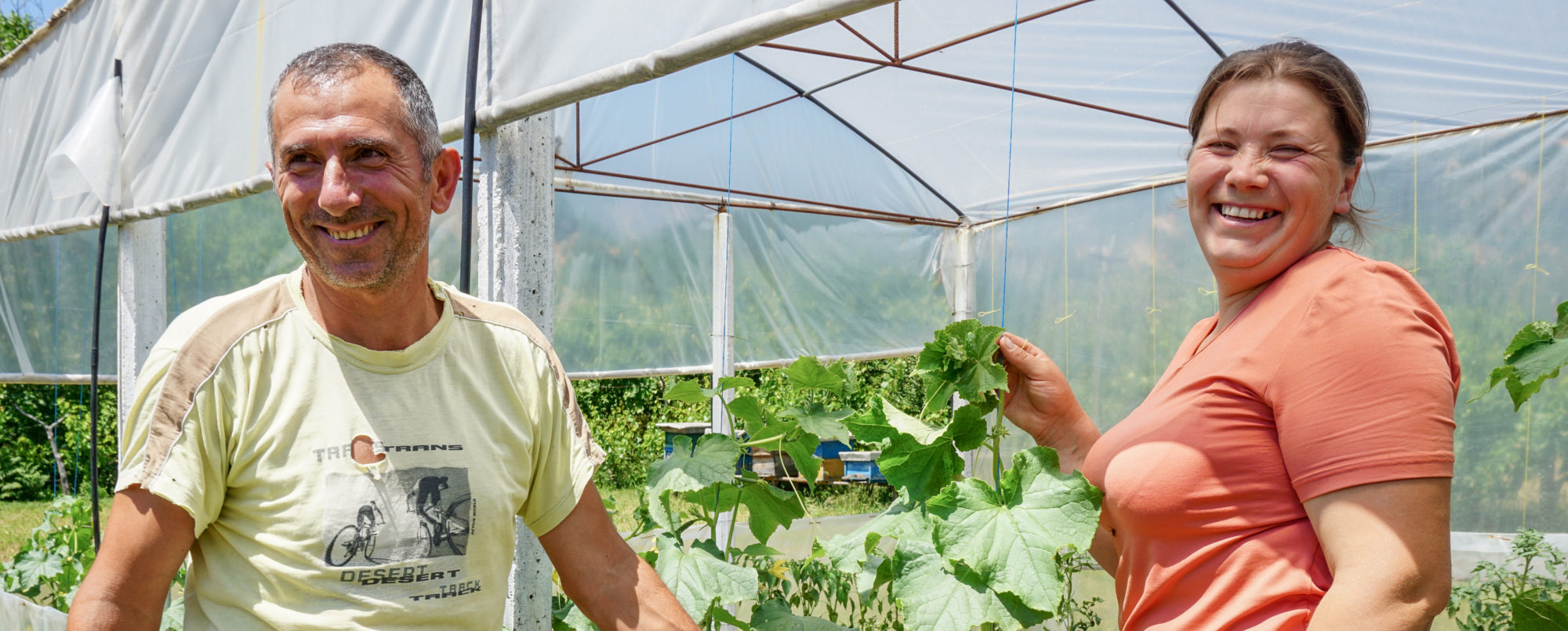Albania
Albania, situated on the Balkan Peninsula in Southeast Europe, is home to approximately 2.8 million people.
We Effect operates in Albania with a rights-based approach, focusing on sustainable rural development, environmental resilience, and gender equality. Collaborating closely with four local partner organizations, we strengthen their capacities, promote social responsibility, and enhance economic stability. Our initiatives empower communities, enhance food security, promote gender equality, and build resilience against climate and socio-economic challenges. By partnering with these organizations, We Effect extends its reach to approximately 50,000 indirect beneficiaries, contributing to our mission of fostering sustainable development and social equity in Albania. Our efforts are aligned with Albania’s aspirations for EU accession, supporting necessary reforms and long-term progress towards a more resilient and equitable society.
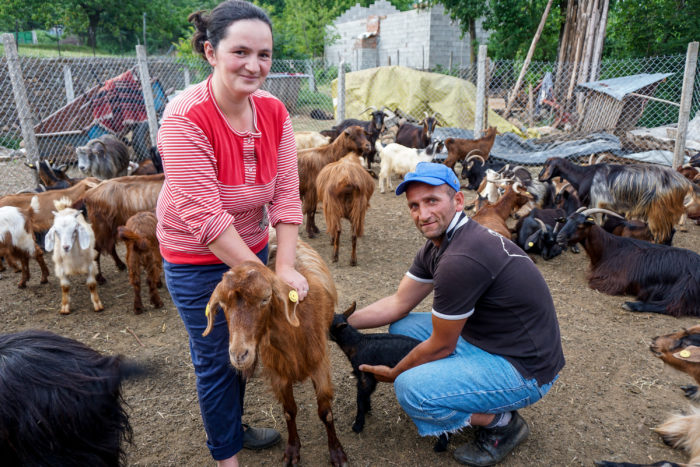
Despite Albania’s strategic location and abundant hydropower resources, the country faces significant socio-economic hurdles. The poverty index reveals that 3.9% of the population lives below the international poverty line of $2.15 per day, with 11.3% and 34.2% living below the lower-middle ($3.65) and upper-middle ($6.85) income poverty lines, respectively. Food insecurity and malnutrition are pressing issues, particularly affecting rural communities where outdated farming methods and limited technological access hinder agricultural productivity, thus impacting food security and overall public health.
The 2019 earthquake exacerbated housing shortages and overall socio-economic situation, underscoring the critical need for improved infrastructure. Albania’s susceptibility to natural disasters, including earthquakes and climate-related events, poses additional risks. Structural reforms progressing at a moderate pace and escalating fiscal pressures further compound the nation’s vulnerabilities. Agriculture, a vital sector employing a significant portion of the population, faces challenges such as low productivity, inadequate financing options, and climate change vulnerabilities. Unsustainable farming practices have led to soil degradation, deforestation, and biodiversity loss, exacerbating environmental concerns. Gender inequality, discrimination against minority groups remain pronounced as a result of prevailing informal social and gender norms, with women experiencing significant disparities across various socio-economic dimensions. Addressing these disparities is crucial for achieving sustainable development goals in Albania.
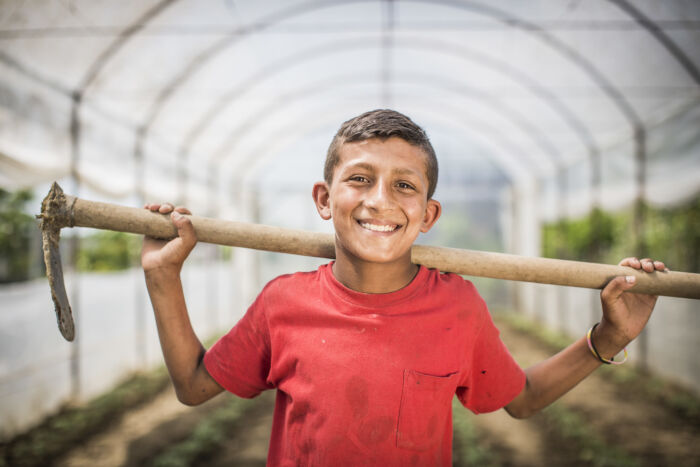
In Albania, we support small-holder farmers, and our efforts are dedicated to promoting food security and sustainable development through a comprehensive range of initiatives. From supporting small-holder farmers in establishing cooperatives and empowering women in agriculture to diversifying economic activities and promoting sustainable farming practices, we work tirelessly to enhance agricultural productivity, address gender equality, and uplift marginalized communities. These multifaceted approaches are crucial for achieving long-term food security and sustainable development in the region.
Another important aspect of our work in Albania is alleviating poverty and improving integration for the Roma minority.
Results in Albania:
- Our program in Albania, during 2023, significantly advanced sustainable practices and gender equality, directly benefiting 1,524 women and 1,174 men. Indirectly, it impacted 30,184 women and 20,259 men, showcasing its significant community-wide influence.
- 42 farmers in Albania shifted to organic farming practices. Guided by We Effect, these farmers used signaling forecast programs to reduce chemical treatments, cutting production costs and minimizing soil and groundwater pollution. This initiative marked a significant move towards sustainable agriculture in the region.
- In Albania, efforts supported by We Effect have significantly advanced local climate resilience. Through initiatives like establishing a local climate coalition, these efforts integrate climate action into regional development strategies. This includes creating the first Local Adaptation Plan for municipalities such as Puka and Fushë-Arrëz, pivotal in setting a strategic framework for sustainable development. These initiatives have also had indirect benefits for numerous families, underlining the crucial role of local engagement in fostering a sustainable and resilient future.
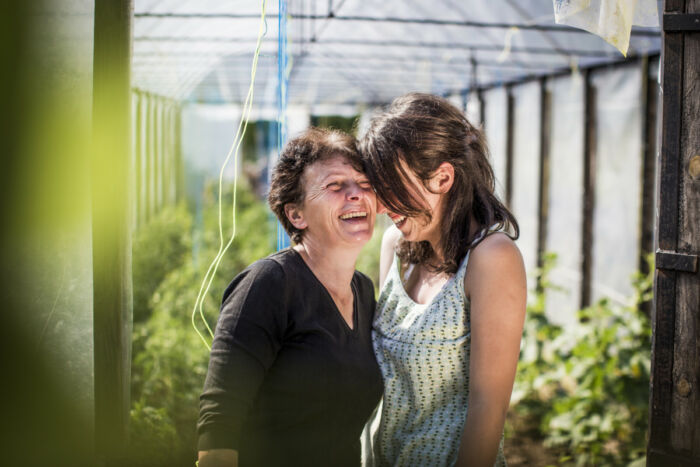
Partnership approach
We Effect collaborates with local partner organisations – which are member-based and represent the voice of the smallholder farmers and other vulnerable groups.
Jointly we advocate and work for economically, environmentally, and socially sustainable agriculture and rural development with a gender perspective.
In Albania, We Effect collaborates with four local partner organisations.
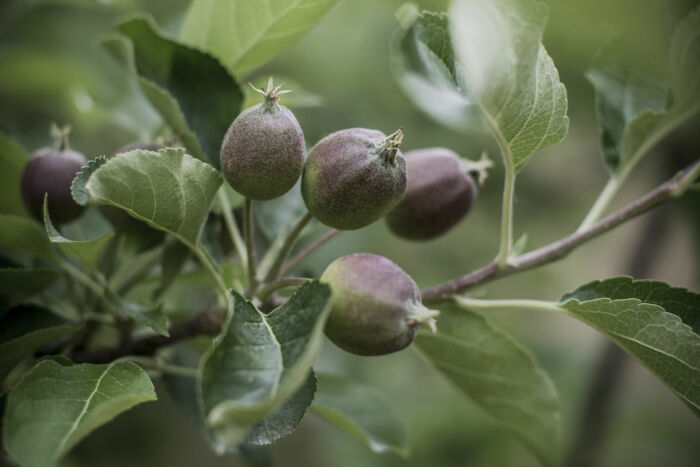
Multi-country programme
Our work in Albania is part of the We Effect Europe multi-country programme (2023-2027), primarily focusing on sustainable rural development. The main emphasis is on national structures but also includes elements of regional processes, synergies, and structures. The programme functions as a platform to promote sustainable dialogue and regional cooperation. The programme includes support to local organisations in Albania, Bosnia and Herzegovina, Kosovo and North Macedonia.
Projects
In Albania, we are also working through four national projects:
Improved Livelihoods in Northeast Albania
Partner organisation:AgroPuka
The project’s primary goal is to strengthen the organizational capacities of We Effect’s partner organization, AgroPuka, with the aim of driving sustainable improvements in the lives of people residing in Northeast Albania’s rural areas. The project directly contributes to raising the income levels of both men and women within these rural communities, stemming from agricultural and various other endeavours. This, in turn, results in enhanced living conditions, increased engagement in advocating for change, the promotion of gender equality, and the full protection of human rights.
Building Sustainable Rural Livelihoods of Roma Community in Albania
Partner organisation: Amaro-Drom
The project’s central focus lies in diminishing poverty within the Roma community in Albania by strengthening the organizational capacity of We Effect’s partner organization, Amaro-Drom. It directly confronts the fundamental challenges faced by Roma community members, including the violation of their basic human rights, discrimination, high unemployment rates, limited agricultural productivity, a lack of non-agricultural opportunities, and social exclusion from society.
The project’s overarching objective is to enhance Amaro-Drom’s organizational capabilities, enabling them to deliver business-oriented services and advocate for the social inclusion and economic empowerment of Roma community members.
Equity in Food, Rights and Participation for a Sustainable Rural Development
Partner organisation: Une Gruaja
This project aims to empower local communities, especially women, by improving living conditions for those living in poverty in the Korca Region in Albania. (Municipality of Pogradec)
It establishes support groups, provides access to information and services, and promotes networking and partnerships to create sustainable change. Through training programs, it enhances disaster risk management and reduces rural community vulnerabilities.
The project focuses on strengthening the capacities of Une Gruaja to support and address the socio-economic needs of rural women, strengthening the capacities of Local Action Groups (LAGs) to effectively mobilize and provide support for community actions and reactions pertaining to food security, to enhance financial sustainability for small-scale farmers and ensuring gender equality.
Overall, the project integrates various agendas and initiatives to address poverty, hunger, gender inequality, climate change, and ecosystem protection.
Healthy and Sustainable Agriculture Resilient to Climate Change
Partner organisation: Adad Malore
The project focuses on mountainous areas of Albania and aims to strengthen the organizational capacities of ADAD Malore while promoting healthy and sustainable living, climate change adaptation, gender equality, and economic empowerment of women. The project seeks to improve the living conditions of producers and rural communities in Albania.
The strengthening of ADAD Malore involves enhancing organizational and governance capacities, expanding services for members, and prioritizing women and young people. Healthy and sustainable living encompasses agricultural development, rural economy diversification, agro-tourism, and agro-environmental practices. The project aims to increase farm production capacity through new technologies, good agricultural practices, and market connections. It also emphasizes the improvement of marketing, packaging, labelling, and certification of products.
